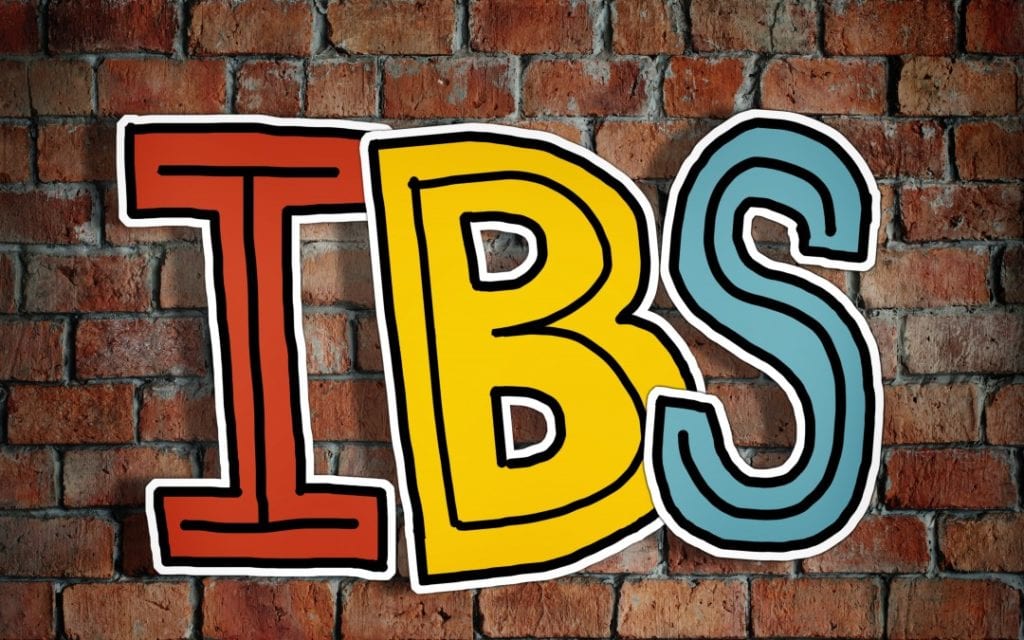
April is IBS Awareness Month
April is Irritable Bowel Syndrome (IBS) Awareness month
Do you find yourself plagued with unpleasant, unpredictable and often inexplicable digestive symptoms? You are not alone! It is reported that 20-30 percent of the population suffers with IBS, and cases are increasing every year. Symptoms can range from uncomfortable to severe and having a significant impact on your quality of life.
What is IBS?
IBS is really an umbrella term given to a collection of unexplained symptoms, which usually appear together. Increasingly common, symptoms of IBS can vary from person to person but can include the following:
- Bloating
- Diarrhoea/constipation
- Stomach cramping
- Gas/wind
- Mucous in stools
- Tiredness and lack of energy
- Anxiety
Symptoms often worsen during times of stress.
What causes IBS?
While the exact cause remains unknown and varies from person to person, common causes include:
- Food intolerances – some people benefit enormously from following a low FODMAP diet (1), or perhaps you have trouble digesting lactose, or fructose. Sometimes certain foods trigger attacks such as spicy or greasy food, alcohol, fizzy and sweetened drinks or caffeine
- Poor diet
- Poor digestion – this can include insufficient digestive enzymes
- Infection
- Poor bowel habits and digestive mobility
- Bacterial imbalances
- Stress
Diagnosis
There is no positive test to diagnose IBS and it is usually diagnosed after other conditions have been ruled out. Note that symptoms of IBS can mimic other conditions such as Inflammatory Bowel Disease (IBD), so it is important to get symptoms checked with your GP to rule these out.
How nutritional therapy can help
Dietary and lifestyle interventions and stress management can play a huge role in managing the symptoms of IBS. Stress impacts our digestive system, in part by releasing hormones, activating an immune response and disrupting gut bacteria. Some people find breathing exercises can help manage stress and anxiety.
Identifying trigger foods (many of which are otherwise considered healthy) and avoiding these foods will help manage your symptoms. Following a low FODMAP diet and removing trigger foods can greatly reduce symptoms. FODMAP stands for Fermentable, Oligosaccharides, Disaccharides, Monosaccharides and Polyols. These are range of simple and complex sugars that are often poorly absorbed, and can trigger symptoms. Removing FODMAPs should only be done under supervision of a nutrition or healthcare professional and should not be followed long term.
Functional testing can also be beneficial to assess the overall health of the gut and digestive system, and check for imbalances in gut bacteria.
Consulting a Nutritional Therapist or other healthcare provider is highly recommended to help establish a programme that can support your gut health and better manage symptoms of IBS.
References:
Harvard Health Publishing (2019) Try a FODMAPs diet to manage irritable bowel syndrome, available at: https://www.health.harvard.edu/diet-and-weight-loss/a-new-diet-to-manage-irritable-bowel-syndrome accessed 20th April, 2015
